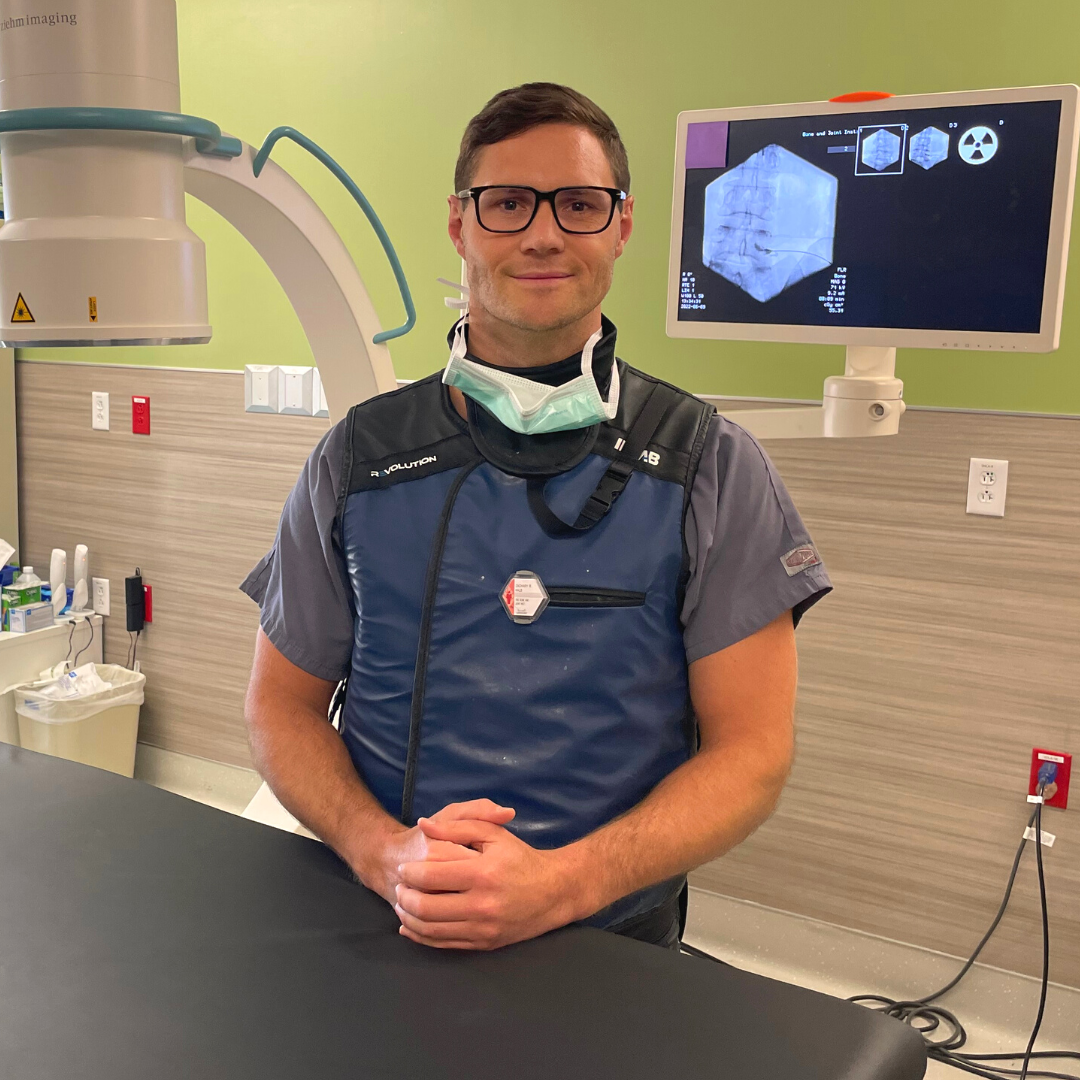
20 Jun 5 Non-Surgical Methods to Ease Back Pain with Dr. Zachary Kalb
Originally published in the Williamson Herald –
Summer is here, which means beach trips, outdoor activities and all kinds of summer fun. But nothing puts a stop to the fun faster than back pain. Most people experience back pain at some point in their lives, and it’s one of the most common reasons people visit the doctor or miss work.
“About 80% of adults will experience back pain at some point in their lives,” said Zachary Kalb, D.O. with Bone and Joint Institute of Tennessee. “But very few patients will ever need surgery. For most people, the pain will improve within six weeks without any formal treatment.”
Rather than letting back pain sideline your fun this summer, Kalb offered a few tips to help you prevent and deal with back pain — all without surgery! So, if you are experiencing back pain without numbness or weakness in the arms of legs, Kalb suggested five steps you can take to ease the pain and help your body heal:
1. Optimize your body weight
“For every pound of weight on your body, there’s roughly 4 pounds of force placed on the discs in your back, which is the most common source of pain within the spine,” Kalb said. “So, maintaining an appropriate body weight is important to preventing and easing back pain. Losing just 5 pounds can remove 20 pounds of pressure from your discs.”
2. Work with physical therapy
Seek a physical therapist to help you develop a unique exercise regimen for your specific problem.
3. Continue exercising
Continue non-painful exercise and stretching at home. “Let pain be your guide,” Kalb said. “If an exercise hurts, don’t do it.”
4. Over-the-counter medication and ice
Utilize over-the-counter pain relievers, ice within three days of injury and heat in the days following.
5. Stop smoking
If your pain persists longer than six weeks and none of these treatments have helped, it’s time to consult a doctor, Kalb said.
“Discs can take a full year to heal, but most of our lifestyles don’t afford us a full year to recover,” he said. “That’s where a lot of my non-surgical options come into play.”
Common non-surgical options to ease back pain include:
• Epidural injections: Injections that focus on pain stemming from the discs and spinal nerve roots, which is usually accompanied by radiating sensations into the arms and legs.
• Facet injections: Injections that treat the facet joints of the spine, which can become arthritic and painful.
• Radio Frequency Ablation (RFA): While RFA is used to treat many parts of the body, it’s commonly used to provide more definitive, longer-lasting relief of back and neck pain stemming from the facet joints. The treatment uses radiofrequency waves to apply heat to a needle placed along a nerve. The heat renders the nerve unable to communicate pain signals to the brain. Average relief is six months to a year but can last longer and can be safely repeated if the pain returns.
If these options do not provide relief, one additional non-surgical option is a spinal cord stimulator.
“This involves placing a thin wire or lead into the epidural space along the spinal cord,” Kalb explained. “Through that, a current is applied to the spinal cord which augments the way pain signals are transmitted to your brain.”
Apart from the spinal cord stimulator, these non-surgical treatments Kalb described can be completed during a visit to the doctor’s office where patients don’t need to fast beforehand as they would for surgery.
“You’re not asleep during these treatments,” Kalb said.
Thanks to local anesthetic, little discomfort is felt during the injections and recovery time is minimal.
“Patients can return to normal activities and go about their daily routine within one hour of the procedure,” Kalb said.
If you’re dealing with back pain, Bone and Joint Institute can help. Situated just off Interstate 65 in Franklin, Bone and Joint Institute offers state-of-the-art technology and a superior patient experience close to home. For more information, visit www.BoneandJointTN.org.
Dr. Zachary Kalb, D.O., specializes in interventional spine medicine, focusing on non-surgical treatments for spine- and joint-related pain and other minimally invasive procedures. In his free time, Kalb enjoys spending time with his family, fishing, biking, mountaineering and playing ice hockey.
